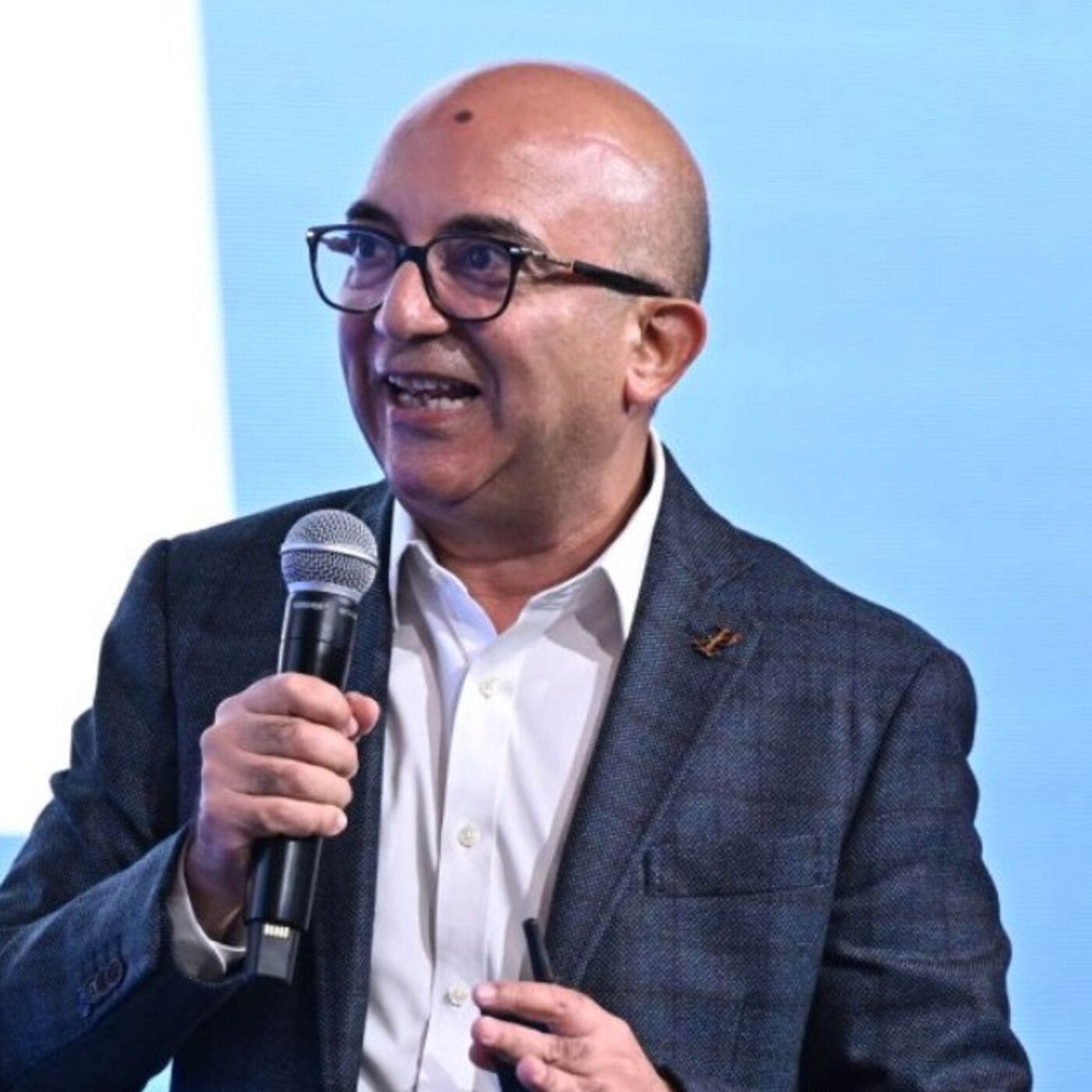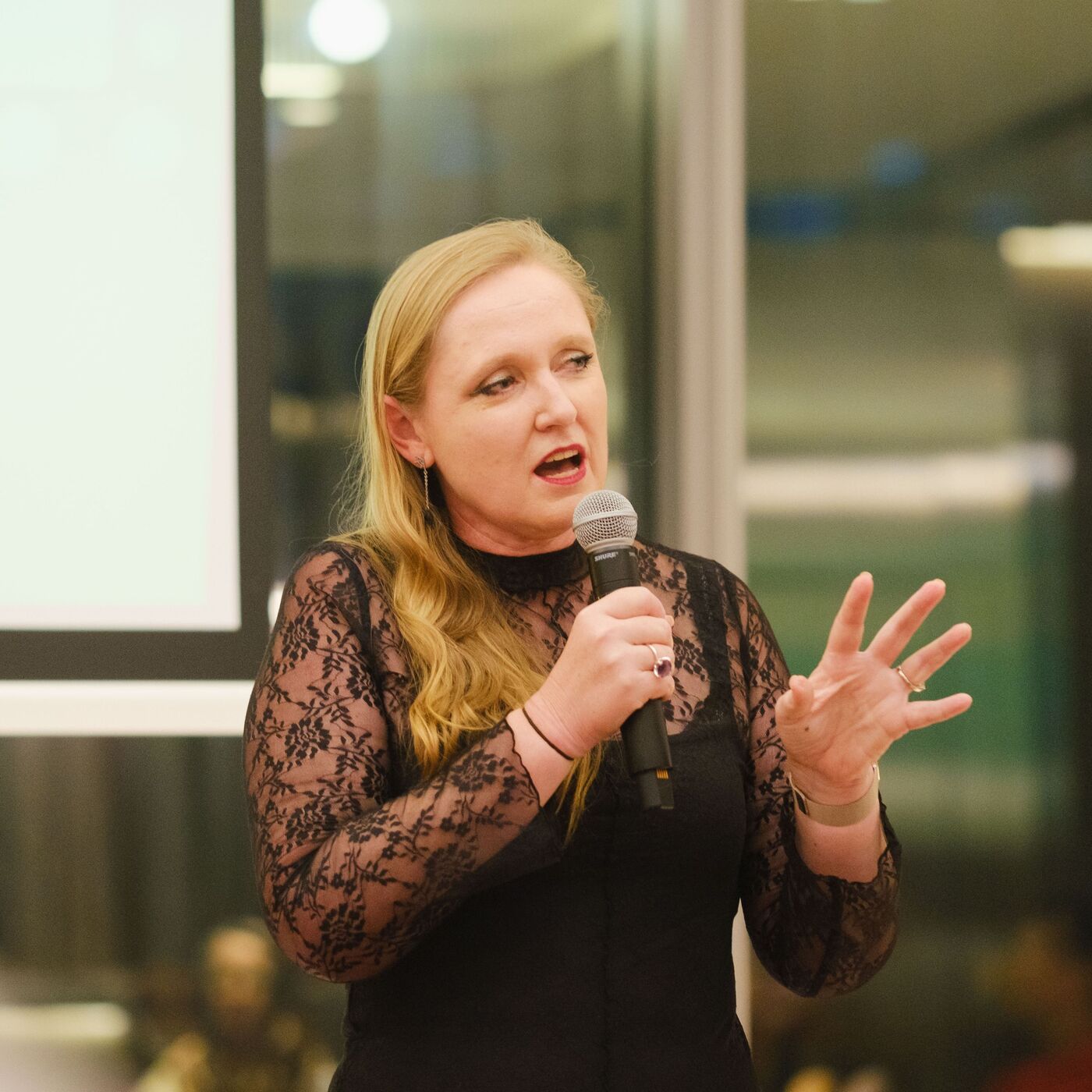
Joots
Author: Joots
Subscribed: 1Played: 2Description
Joots stands for “Jump Out Of The System”
There's an old adage that goes: "we can’t solve problems with the same thinking we used when creating them."
Well, jootsing is about using new thinking to solve new problems.
Coined by Professor Douglas Hofstadter the concept is not quite "thinking out of the box", more "re-engineering the box using new information."
Because when it comes to solving our climate and sustainability challenges we're going to have to subvert some of that old thinking.
How?
Our take on "jootsing" is to focus on conversation, engagement and knowledge sharing. We'll challenge the status quo and explore radical outcomes with grace, good humour and integrity. (And wine, when we get together.)
And the desired outcome of all of this?
It's to unite professionals in Asia around the proposition that the future of their businesses, and their lifestyles, requires greater attention to sustainability thinking and action.
















